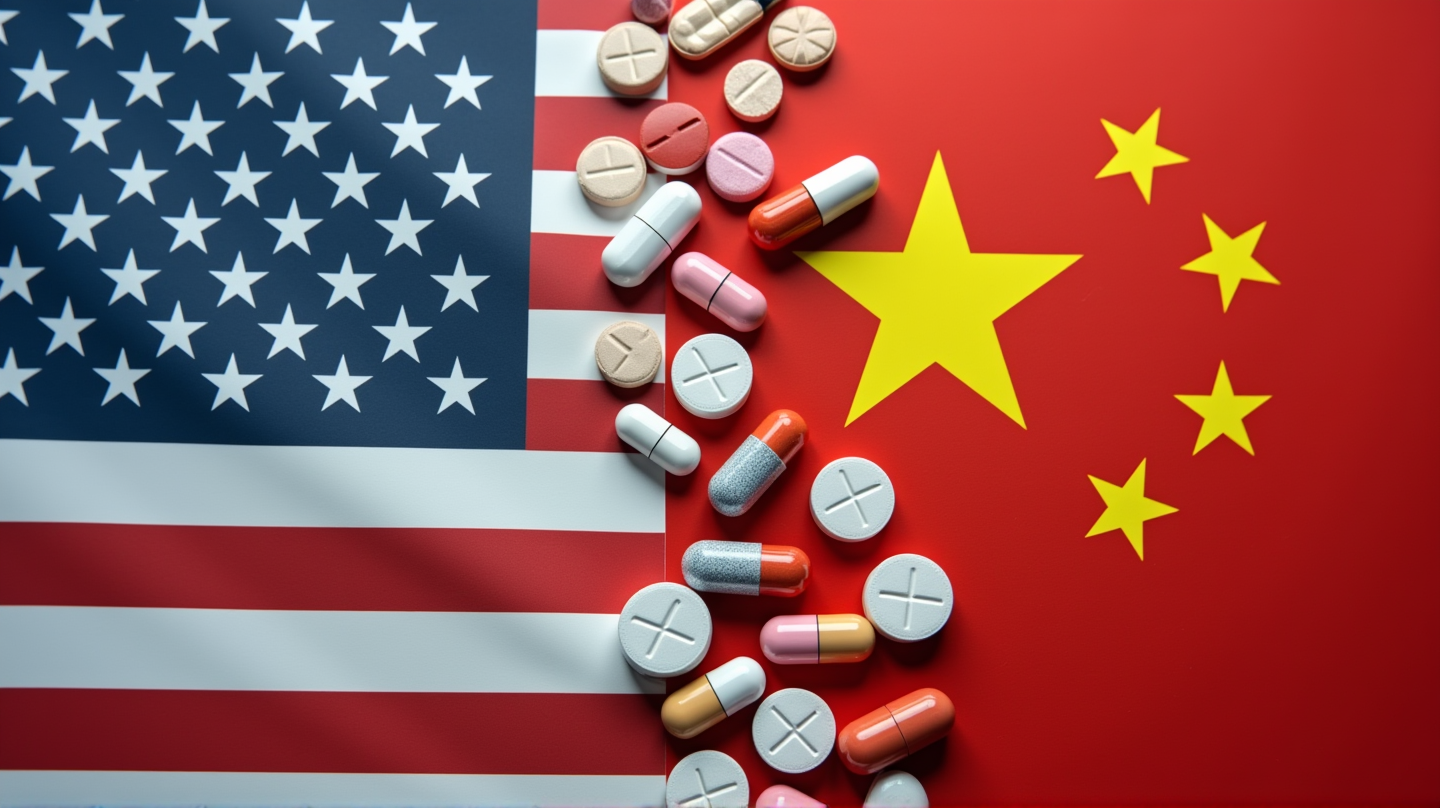A Looming Healthcare Challenge
The recent implementation of tariffs on imports from China has sent ripples across various industries in the United States. However, one area that stands at a critical juncture is the pharmaceutical sector. With China being a significant supplier of common American medicines, the introduction of these tariffs by the Trump administration could have unforeseen and widespread consequences.
America’s Dependence on Chinese Pharmaceuticals
China plays an essential role in the global pharmaceutical supply chain, particularly as a source of active pharmaceutical ingredients (APIs) and medicines that line the shelves of American pharmacies. From life-saving antibiotics to anti-depressants and blood pressure medications, many staples of American healthcare originate from Chinese manufacturing plants, making the relationship both crucial and intricate.
Tariffs: More Than Just Economic Leverage
As the trade war escalates, tariffs are often used as tools of economic leverage. However, when it comes to medicines, this strategy could touch every American family by making common medications more expensive and less accessible. According to The Independent, the consequences could be dire, as these tariffs might increase healthcare costs and compound already existing shortages.
The Ripple Effect on Healthcare Costs
The introduction of tariffs could potentially raise the prices of these medications, forcing healthcare providers and patients alike to shoulder the financial burden. For families dependent on prescription drugs, this change could mean difficult choices between medication and other essentials. Such economic pressure could amplify the already existing strain on the U.S. healthcare system, challenging the ability of individuals to receive timely and effective care.
Navigating the Uncertain Future
Looking ahead, the future remains uncertain. Policymakers need to weigh the benefits of leveraging tariffs against the potential risk of destabilizing crucial supply lines in the healthcare sector. The long-term impact on the availability and cost of medicines is still unfolding, requiring constant dialogue between stakeholders and careful economic navigation.
The Path Forward
It is an opportune moment for discussion and action, with the potential stakes higher than ever. As stated in The Independent, ensuring the steady supply of essential medications while navigating international trade dynamics is paramount. This delicate balance requires concerted efforts from government bodies, pharmaceutical companies, and international agencies to secure a stable and affordable medicinal supply chain for the future.
The current landscape serves as a reminder of the interconnectedness of global economies and the need for thoughtful, informed policymaking. Only by addressing these challenges head-on can we hope to safeguard the health and well-being of millions.
